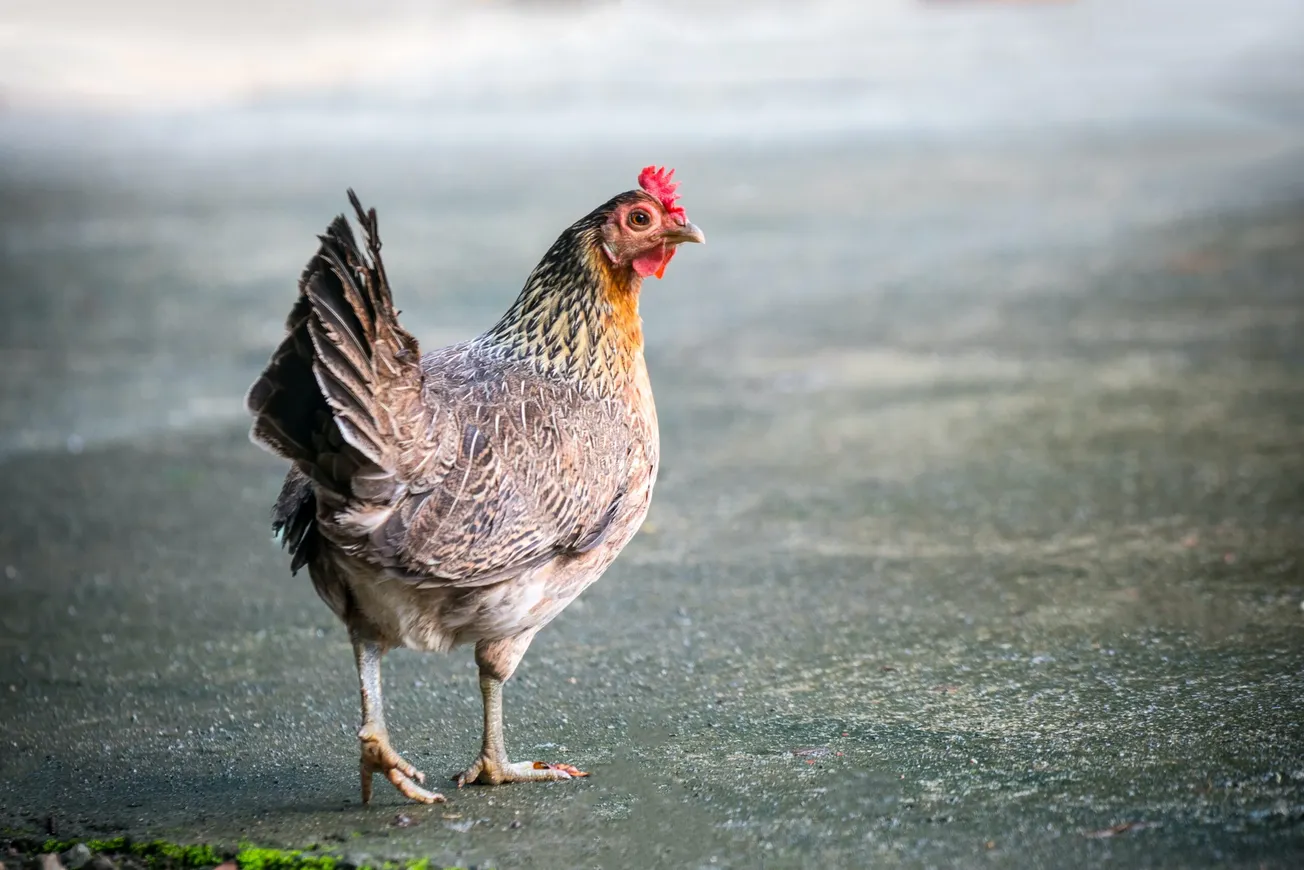Table of Contents
Michael Cook
mercatornet.com
Michael Cook is the editor of MercatorNet
Can animals be victims of hate speech? Yes, according to a recent article in the Oxford Journal of Legal Studies.
Two academics from Sheffield University, in England, invoke heavy-hitting hate-speech theorists to argue that arguments which apply to humans must also apply to animals. “There is no in-principle reason to support the censure of racist hate speech but not the censure of speciesist hate speech,” write Josh Milburn and Alasdair Cochrane.
Hate speech is amongst the most controversial of contemporary legal issues. Facebook – whose pronouncements are probably as important nowadays as SCOTUS — defines it as “a direct attack against people on the basis of what we call protected characteristics: race, ethnicity, national origin, disability, religious affiliation, caste, sexual orientation, sex, gender identity and serious disease”.
Imagine if the word “species” were added. All those cat videos would instantly vanish from YouTube for spreading “harmful stereotypes”. David Attenborough’s documentaries would be banned for invasion of privacy. The language bloodhounds would switch from tracking down mis-pronoun-ers to baying after hateful turns of speech.
PETA, the radical animal rights group, was on to this long ago. It believes that “Animals are not ours to experiment on, eat, wear, use for entertainment, or abuse in any other way.” That includes demeaning and discriminatory speech. We have to bring home the bagels, not the bacon.
But Milburn and Cochrane are not jolly provocateurs. What they try to add to PETA’s headline-grabbing suggestions is steely logic. Humans are just one species on a continuum, and if we have laws which enforce respectful treatment of humans, then we should enforce respectful treatment of other species, too.
Animal rights is a well-developed and – granting its foundational principles – fairly coherent. Domesticated animals, it is widely argued by its theorists, should be recognised as members of our political community, with the rights that this entails — like not being abused, threatened, or vilified.
But animals don’t even know that they are being vilified? That’s irrelevant. “It would be bizarre and impractical to say that wounding words are appropriately censured only if they actually wound—among other problems, this would mean that even the most egregious instances of hate speech would be permissible if, for whatever reason, no one was hurt by what was said.”
In another article, Milburn compares speciesism to racism. Not that race and species are the same – that would land him in hot water. But one’s species, like one’s race, is built on immutable characteristics; it cannot be chosen and it cannot be changed. Animals are basically a minority group.
Well, that stretches the idea of a “minority group”. There are 26 billion chickens in the world who would easily outvote the 7 billion humans.
Politics, the media, medicine and universities are currently being turned upside down by demands for transgender rights. This basically imposes a personal vision of reality with little or no empirical justification upon the legal system. Will animal rights be the next frontier in the madness of crowds?
By no means does scepticism about animal hate speech justify violence and ill-treatment of them. Immanuel Kant, though he is despised by animal rights theorists, wisely observed that the way we treat animals reflects the way we treat our fellow humans: “If [a man] is not to stifle his human feelings, he must practice kindness toward animals, for he who is cruel to animals becomes hard also in his dealing with men. We can judge the heart of a man by his treatment of animals” (Lectures on Ethics). That’s only common decency. Quite another thing is letting lawyers loose in a barnyard.
Check out the article, “Should We Protect Animals from Hate Speech?” for all of Milburn and Cochrane’s arguments. It is more than an academic exercise. It shows how revolutionary the movement for animal rights is.
If deplatforming political figures is controversial, what would happen if Facebook began banning users for using de-animalising language? If you called a chicken “a silly old woman”? Or compared a baboon to Donald Trump?
The absurdities are endless. But this is where you end up if you begin with a defective understanding of what it means to be a human being.

This content is licensed under a Creative Commons Attribution-NoDerivatives 4.0 International license.
Please share this article so that others can discover The BFD.









